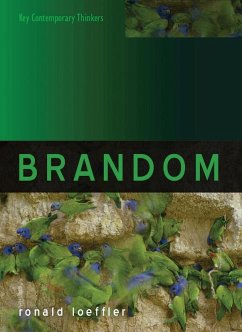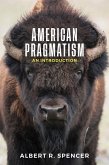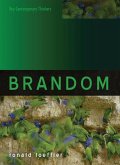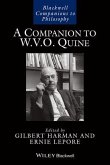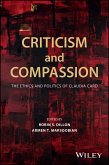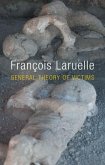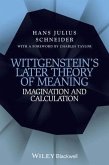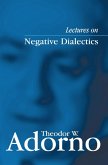Robert Brandom is one of the most renowned contemporary American philosophers, discussed widely in analytic as well as continental philosophical communities on both sides of the Atlantic. His innovative approach to language and rationality combines the philosophies of language and mind, epistemology, metaphysics, and logic with intriguing interpretations of historical figures such as Kant, Hegel, and Wittgenstein. Yet, due to its boldly unorthodox and highly technical nature, Brandom's work can also be daunting for the beginner. In this accessible book, Ronald Loeffler provides a critical and clear-headed guide through the maze of Brandom's philosophy. He conveys the pioneering nature of Brandom's approach to language and communication, with its unabashed appropriation of the German Idealistic tradition, and offers focused, sure-footed introductions to all major aspects of Brandom s thought, including his normative pragmatics and inferential role semantics and his theories of empirical knowledge, logic, linguistic representation, and objectivity. This book will be essential reading for students of philosophy, as well as those in related fields with interests in language, communication, and the nature of norm-governed social interaction.
Dieser Download kann aus rechtlichen Gründen nur mit Rechnungsadresse in A, B, BG, CY, CZ, D, DK, EW, E, FIN, F, GR, HR, H, IRL, I, LT, L, LR, M, NL, PL, P, R, S, SLO, SK ausgeliefert werden.

